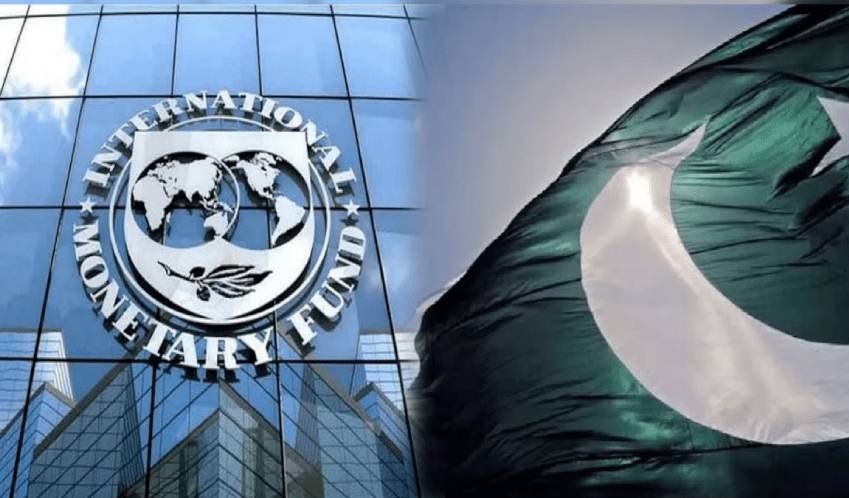In a surprising development, India has prematurely removed its representative at the International Monetary Fund (IMF), K.V. Subramanian, in a last-minute attempt to obstruct the release of a $2.3 billion funding package to Pakistan. The executive was recalled six months before the scheduled end of his tenure, reportedly due to his opposition to the IMF’s ongoing financial support for Pakistan.
According to officials sources who spoke to NetMag on condition of anonymity, Subramanian was actively lobbying against the approval of Pakistan’s First Review under the IMF’s Extended Fund Facility (EFF), which is up for a vote on May 9. He also attempted to align his stance with India’s broader foreign policy strategy, aiming to isolate Pakistan economically and diplomatically.
Sources revealed that Subramanian’s lobbying efforts included urging the IMF to reconsider its financial assistance to Pakistan. However, the Washington-based lender rejected India’s request outright, reaffirming its institutional independence and commitment to its core economic principles.
Must Read:
India Blocks Pakistani Digital Content Post-Pahalgam Attack
The IMF Executive Board, made up of 24 directors elected by member countries or country groups, operates independently and is not subject to the political agendas of individual nations. The managing director of the IMF chairs the board, which convenes several times each week to assess global financial matters.
The upcoming board meeting on May 9 will be critical for Pakistan. The IMF will vote on two significant items: the disbursement of $1 billion under the First Review of the current 37-month Extended Arrangement, and approval of a new 28-month arrangement under the Resilience and Sustainability Facility (RSF), totaling another $1.3 billion. Combined, the package is valued at approximately $2.3 billion.
India is now scrambling to appoint a new executive director before the upcoming board session. Subramanian’s abrupt exit, however, appears to have little impact on the IMF’s course of action. Analysts believe that the Fund remains focused on stabilizing economies in need, and political maneuvering—regardless of its source—will not derail its commitment to its member states.
Subramanian’s dismissal came shortly after India’s failed attempt to get the IMF to revisit its financial support to Pakistan. This move reflects growing tensions between the two South Asian nations, especially as India has also suspended the Indus Water Treaty, adding further strain to already fragile diplomatic relations.



